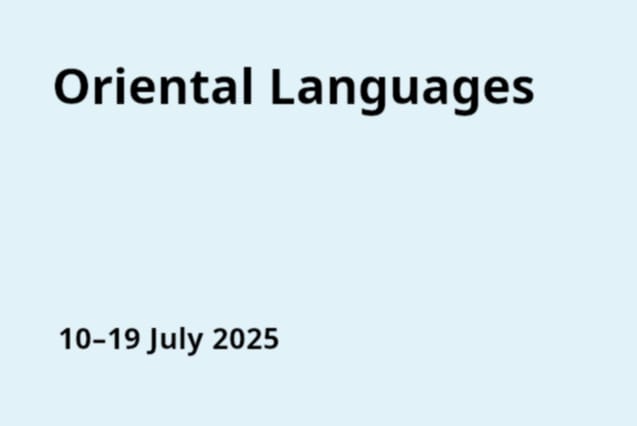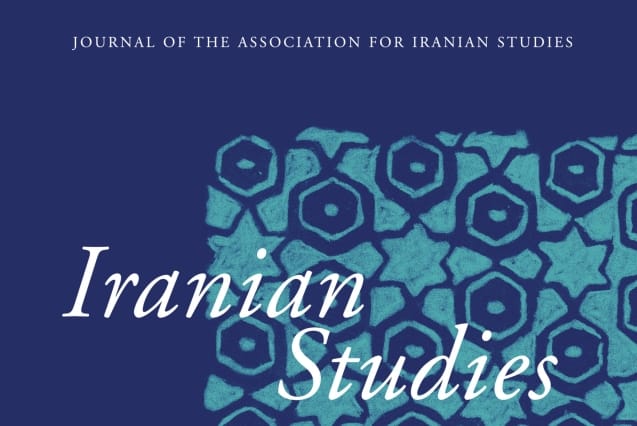The Summer School in Oriental Languages is a unique opportunity to study languages and scripts that are often described as rare, even though they are spoken or have been spoken by millions of speakers, in the form of major and minor courses. This summer school offers top-level teaching and the most recent research findings in Oriental languages and literature, with ECTS credits awarded upon validation.
From the website
The Summer School of Oriental Languages is organised by the University of Lausanne and will be held at the Venice International University (Italy), from 10–19 July 2025.
For more information about the programme, registration, and ECTS requirements visit the website. The deadline for registration is 30 May 2025.



 Kleber, Kristin, Georg Neumann & Susanne Paulus (eds.). 2018.
Kleber, Kristin, Georg Neumann & Susanne Paulus (eds.). 2018.  The latest issue of the
The latest issue of the 
